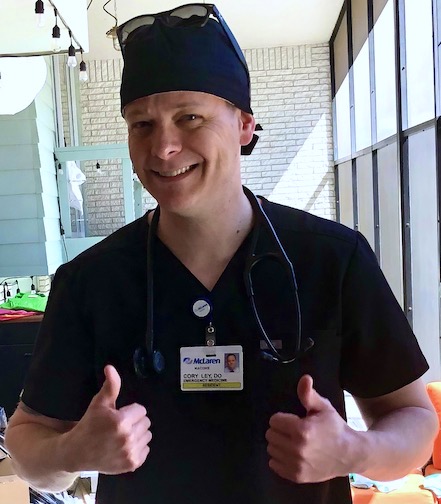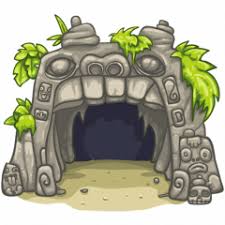Tell us about your background and what got you interested in health and medicine?
I come from a family with a lot of doctors. My dad, my uncle, my grandfather, my brother, and my sister-in-law are all physicians. Medicine was always fascinating to me, but I fell in love with history in college and abandoned my preclinical science classes. After college I DJ’d, worked in retail, and lived briefly in the Bay Area with my future wife, before we relocated to Seattle so she could start law school. I fell into a job in the collections industry, and sort of climbed the ladder until I was managing a branch office. We started a family and grew roots in a neighborhood with the best neighbors ever. I never lost my interest in medicine, but it wasn’t until our son was born via emergent c-section that I decided to drop what I was doing and go back to school. Watching a team of people come together to bring my wife and son safely through a bad situation was all it took.
Tell us about your practice and the neighborhood or different locations that you work in
I’m training in emergency medicine at a Level II trauma center in a city just outside Detroit. Most of the time I’m in the ER, but a few months out of the year I’m doing required rotations in other departments or at other hospitals. Emergency medicine is broad-based and unpredictable, and I love that about it. There really is no type of patient or disease we don’t see. One minute you’re sewing a laceration on someone’s face, the next handling a CPR case, or treating an exacerbation of congestive heart failure. Our hospital draws from a large area that straddles urban and rural populations that are socioeconomically quite diverse. We serve as a safety net for people who otherwise have no access to healthcare. I often have to think carefully about how to arrange appropriate follow up for them so they don’t fall through the cracks, and spend extra time educating patients on how to stay healthy and out of the hospital.
How has your routine changed since the pandemic?
Early on last year I just rolled in to my shift and didn’t worry about exposure to communicable diseases. It seems crazy to me now, but even when taking care of flu patients last year I never wore a mask. Now, I wear an N95 in every patient’s room. I spend a much larger portion of my day on the phone with family members updating them and answering questions. Before, I might come home and sit around for a bit to decompress, but now I leave my shoes outside, drop my scrubs in the washer, and head straight for the shower.
How does trust play a role in your daily routine, especially in the current Covid atmosphere?
Emergency medicine is a team sport. We have a whole crew of residents, attendings, nurses, and techs that come together to take care of patients. We have to rely on each other to get things done, especially because the stakes are so high. I am always humbled by the amount of trust my patients place in me when they come to the emergency department. It is empowering, but at times terrifying, because there is always something you don’t know. This, more than anything, drives me to always be learning more.
What do you wish the public knew about what you experience, in your field of health?
As I mentioned before, we are a safety net for the uninsured, for those who have no access to primary care, and for the undomiciled. It’s one of the things I love about this specialty – no one is turned away, and I have an opportunity to be an advocate for people who are otherwise marginalized. I would also say that we never know when the next critically ill patient will come through the doors and this means that we are often having to prioritize between our sickest patients. When the waiting room fills up and it seems like no one knows you’re there, please understand that we are doing our best with the resources we have. I also think it’s important for people to know that there is no substitute for good primary care. One of the hardest things for people to understand is that we can’t fix everything in the emergency department. We are trained to identify (or exclude as a possibility) and treat threats to life, limb, and organ, but we often have to refer patients to primary care or a specialist for treatment of more chronic issues.
What is the best part of your day? The hardest?
The hardest is a tie between telling someone their loved one didn’t make it, especially when it’s unexpected, and delivering the news to a patient that they have a previously undiagnosed terminal disease. Visitation in the hospital is very limited now, so a lot of bad news has to be delivered to the patient’s loved ones over the phone, which is so much harder than face-to-face. The best part is both the small and big wins, from having a patient thank you for just listening to them to having a whole team come together to save a crashing patient.
Will Covid-19 change your approach to your work going forward?
We are always motivated to do everything we can to save a patient, but sometimes we have to think about what the consequences will be. For example, is this person I’m about to intubate and put on a ventilator going to come off it? If they do, will they have a meaningful quality of life (as they would define it)? Sometimes you don’t have the luxury of time in the emergency department to explore these questions, but Covid-19 has shown me how important it is to have these discussions with patients or their families whenever possible. There is nothing more sacred than honoring someone’s wishes about the kind of life, or death, they would want to have.
What is the best life/career advice anyone has ever given you?
Before I went into medicine, an older friend I worked with left our job to become a teacher. He taught me by example that it’s never too late to follow your passion.
Can you recommend one easy, daily self-health practice that can help people get through the day?
On your drive home, or in the shower, or whenever you have a few moments to yourself, think of 5 things to be grateful for. It could be 5 things from that day, from your life in general, or a mix of the two.
Is there anything else you’d like the public to know about how it feels to be a health practitioner in the middle of a global pandemic?
It is frustrating to see so much misinformation circulated on social media. Some people downplay the potential severity of this disease, doubt the importance of public health measures that have been put in place to reduce the spread, and have even at times accused physicians of leveraging this pandemic to line their pockets. However, I think most people have been supportive and grateful. Overall, I have seen this as an amazing learning opportunity. How many people can say they trained during a global pandemic?
More Stories from Kinnected
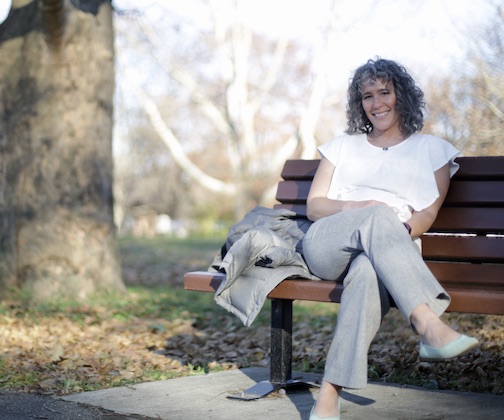
At times, it has been really frustrating to be a strategist and health communication professional and witness the lack of strategic planning and messaging that we have over the last two years.
-
3 years ago
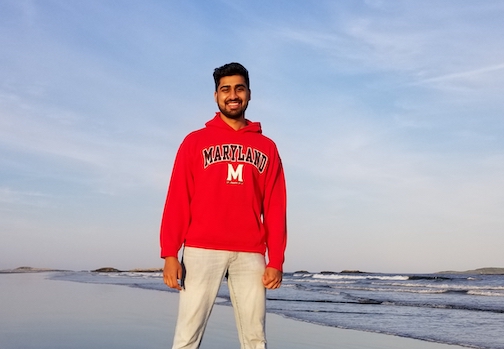
"What many people miss is that emotional exhaustion among clinicians existed long before the pandemic."
-
4 years ago
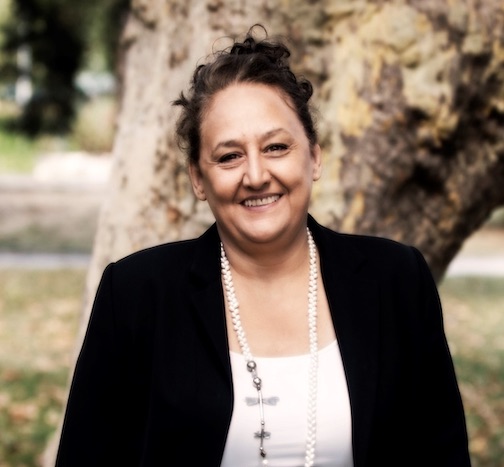
"A lot of people argue whether technology is good for the future of humanity or bad. In my opinion, it is both - just as an herb could be a poison or a medicine."
-
4 years ago
